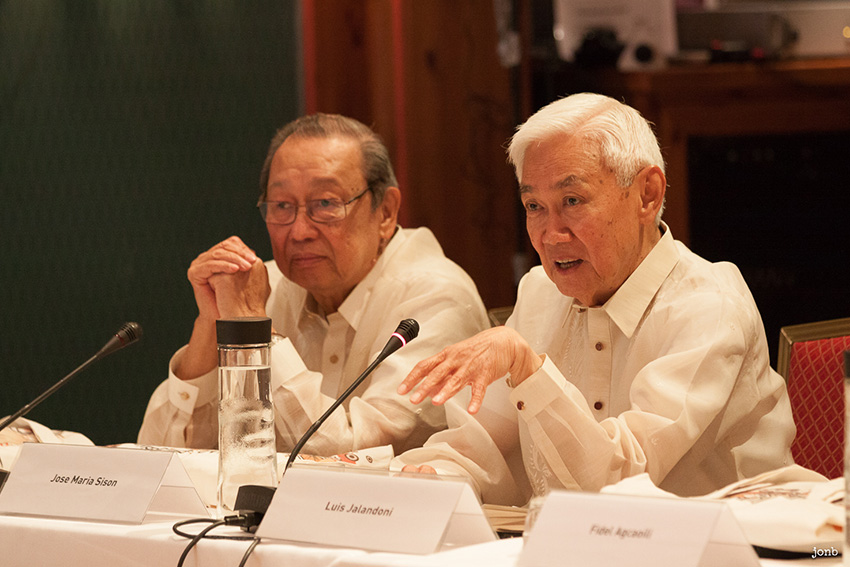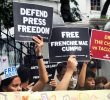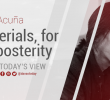
Luis Jalandoni, chairman of the NDF negotiating panel said the NDFP considers the agreement on Social and Economic Reforms as a task “that will be challenging to both sides”. (photo by Kodao Productions)
DAVAO CITY – The National Democratic Front of the Philippines sees that achieving an agreement on social and economic reforms will be a “major achievement” for both the NDF and the government.
In a press conference following the opening ceremonies of the formal talks in Oslo, Norway on Monday, August 22, Luis Jalandoni, chairman of the NDF negotiating panel said the NDFP considers the agreement on Social and Economic Reforms as a task “that will be challenging to both sides”.
He said the agreement involved the issue of genuine land reform, which he said is aspired by “about 75 million of the population of 100 million.”
“I would like to stress this idea on social and economic reforms as a major, major task, challenge and achievement,” Jalandoni added.
He said if both sides come up with this agreement, it will give a push for the other substantive agenda that will be discussed simultaneously.
The chairman of the NDFP reciprocal working committee on the social and economic reforms since 1998, Julieta de Lima-Sison said the first thing that they will be working on is the land reform.
She said this will include rural development “as the partner of land reform.”
“And of course, the most important thing will be national industrialization. We have to put the Philippines on a good footing so that it can develop economically so there should be a balance in agricultural development and national industrialization,” she said.
De Lima said they will also discuss the workers rights and welfare, which will cover labor reforms and environmental reforms, social welfare, education and culture.
She said they will also discuss on how to finance the national industrialization and all the reforms.
“Of course we have to think on how to finance the national industrialization and all the reforms that need to be made and I think it’s going to be a fairly long process of negotiations,” she said.
Accelerated process
Presidential Peace Adviser, Secretary Jesus Dureza said the government panel has imposed a timeline of nine to 12 months based on their common understanding that the two panels will come up with after the meeting about accelerating the peace process.
With the accelerated peace process, the reciprocal working groups will have a simultaneous discussion on the three remaining substantive issues.
The four substantive agenda of the formal peace negotiations between the government and the NDF include, human rights and international humanitarian law, socioeconomic reforms, political and constitutional reforms, and the end of hostilities and disposition of forces.
“With this new approach we are quite confident that we may be able to achieve our timeline,” Dureza said.
Hernani Braganza, chairman of the GRP’s social and economic reform reciprocal working committee, said if they achieve an agreement on the issue of social, economic reforms immediately, it will be because they “share a common vision with the NDF”.
Political will
De Lima-Sison said that they are optimistic that they can speed up the negotiations given that “pro-people” leaders who are involved for the social and economic reform were appointed in position by President Rodrigo Duterte including, Department of Social Welfare and Development with Secretary Judy Taguiwalo and at the Department of Labor and Employment with Secretary Silvestre Bello, who is also the chairman of the government peace panel with the NDF.
“If there is political will on the government side to undertake these reforms, especially because that, for that reform for example, people who are pro-people have been appointed, I think we can speed up the negotiations,” she said.
President Duterte also appointed former Anakpawis Partylist Representative Rafael Mariano as the Agrarian Reform Secretary and former Gabriela Women’s Party Representative Liza Maza as Secretary of the National Anti-Poverty Commission. (davaotoday.com)










